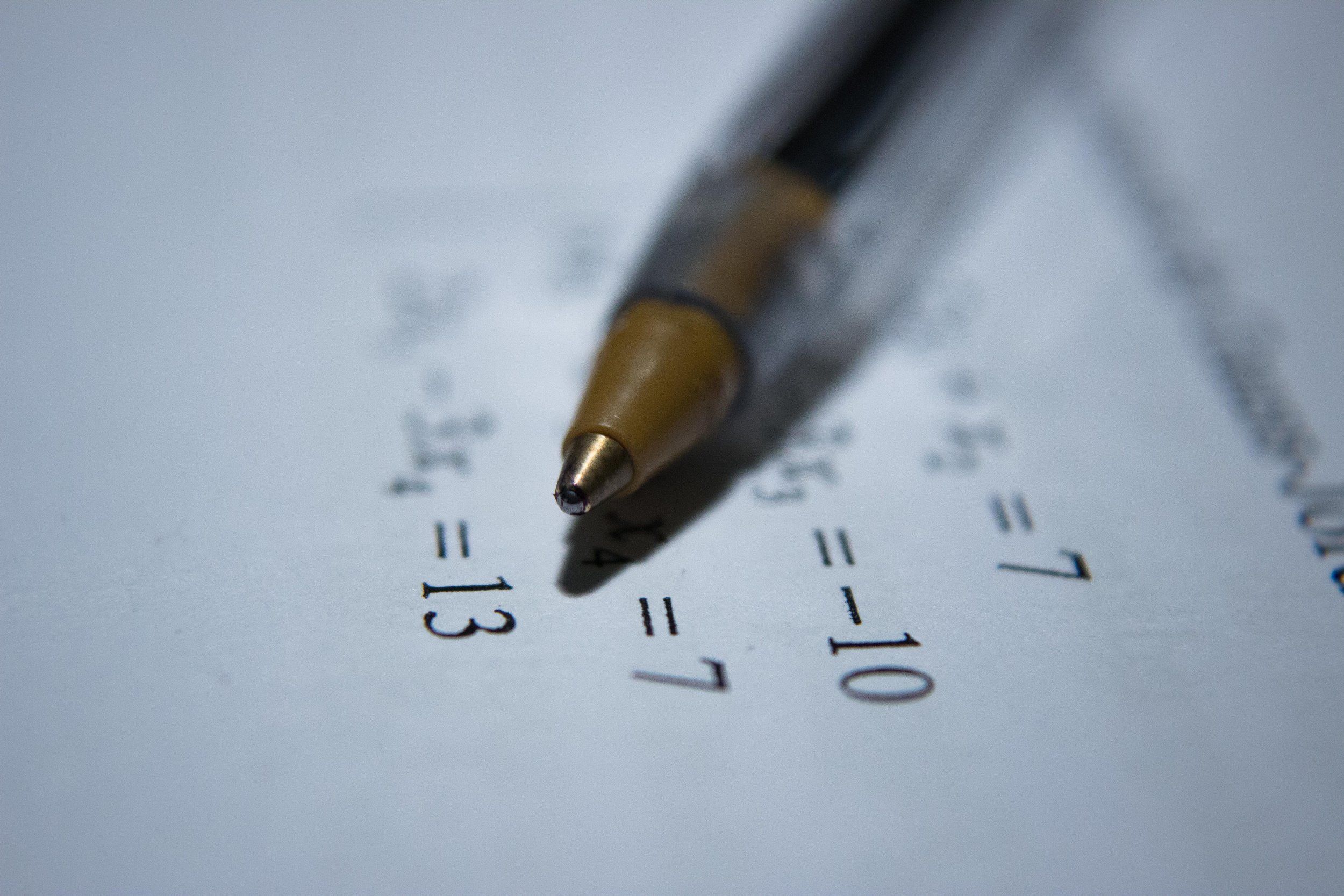In the world of education and learning, Mathematics Competitions may sound like just another one of those valuable things that you can throw at kids. Yes, it is helpful for them, but there's more to it than that. These help children develop higher cognitive skills and are a great way to develop their potential and bolster their self-confidence. Also, researchers have found that mathematics competition participants' scores on standardised tests at the end of high school improved by about 10%. By now, it must be pretty clear that maths competitions at the school definitely drive stronger learning outcomes for kids. This post will further elaborate on how maths competitions achieve this feat.
How Can Maths Competitions Drive Stronger Learning Outcomes?
Learning outcomes are the product of a student's learning experience. A student's learning outcome results from the student's interaction with their subjects. Learning outcomes can be 'the knowledge and skills acquired through a specific educational program, course or activity.'
The benefits of mathematics school competition are well-documented, but how do they contribute to students' learning outcomes? Mathematics competitions in schools are designed to test the students' understanding of key concepts and skills. These results can inform teachers about what their students know and what areas need further attention.
These can also act as motivational tools for students. Students who are engaged and practice maths regularly tend to perform better on tests than those who aren't. They also perform better in other subjects due to the increased confidence from participation and practice.
How Can A Child Prepare For Mathematics Competitions?
Competitions can be an excellent way to inspire a child to learn more about maths. These competitions aim to instil competitive spirit and goal-oriented thinking in students. It is challenging for children to develop an interest when they don't understand how mathematics works. This is why parents need to help their children understand how to succeed in mathematics competitions.
Many different methods can be used when preparing your child for it.
Here are some tips:
Encourage your child to read about maths and related topics as much as possible. In particular, encourage them to read books by famous mathematicians, such as Albert Einstein or Pythagoras. Reading these books will help your child learn more about mathematics in general, which will help them better understand the topics when competing in mathematics competitions later on.
Encourage your child's interest in maths early on through activities like building blocks or drawing pictures using shapes and numbers on paper (or computer). Fan the inquisition even further when your child becomes interested in any maths competition.
Finally, encourage your child to practise solving online assessments to get the hang of how competition works. These assessments can include questions about basic arithmetic and geometry and increasing problems from more complex exercises.
Final Thoughts:
Mathematics is utilised in everything from basic daily computations to accounting and budgeting to the intricate mathematics underlying the technology used in artificial intelligence and engineering. There is no better way to gauge a child's mathematics aptitude than through competitions. Mathematics is unquestionably essential to succeeding in school and fostering greater learning outcomes.


